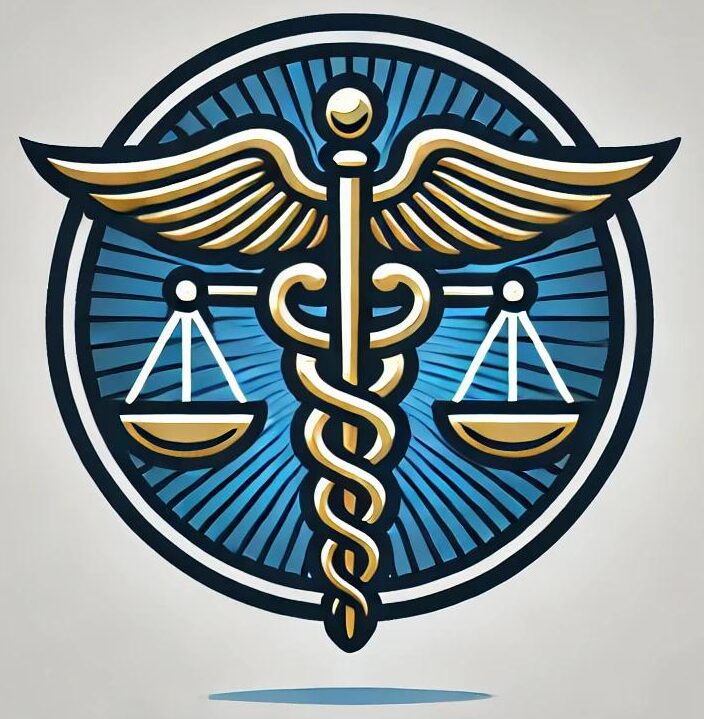Medical malpractice disputes can be complex, costly, and emotionally charged. Traditional court litigation often exacerbates these issues, prompting many to seek alternative dispute resolution (ADR) methods. One such method is three-member panel arbitration, a process that provides a balanced, efficient, and less adversarial resolution. In this blog post, we will explore what three-member panel arbitration entails and how it operates within the context of medical malpractice.
What is Three-Member Panel Arbitration?
Three-member panel arbitration is a type of binding arbitration where a dispute is resolved by a panel of three arbitrators rather than a single arbitrator. This method is often used in complex cases, such as medical malpractice, where diverse perspectives and expertise are crucial to a fair and informed decision.
Composition of the Panel
- Neutral Arbitrator: This member is mutually agreed upon by both parties or appointed by an arbitration institution. The neutral arbitrator acts as the chairperson of the panel.
- Party-Appointed Arbitrators: Each party (the plaintiff and the defendant) selects one arbitrator. These arbitrators are typically chosen for their expertise in medical malpractice or their understanding of the relevant medical and legal issues.
The Arbitration Process
- Initiation: The process begins when the parties agree to arbitration and select their arbitrators. The neutral arbitrator is then chosen to complete the panel.
- Pre-Hearing Procedures: The panel holds a preliminary meeting to establish the arbitration timeline, procedural rules, and other logistical details. This phase may also include discovery, where both parties exchange relevant information and evidence.
- Hearing: The arbitration hearing is akin to a trial but is generally less formal. Both parties present their cases, including opening statements, witness testimonies, expert opinions, and closing arguments. The panelists can ask questions and request additional information to clarify points of contention.
- Deliberation and Decision: After the hearing, the panel deliberates in private. Each arbitrator reviews the evidence and arguments presented, contributing their insights and expertise. The panel then reaches a decision, typically by majority vote, although unanimous decisions are preferred.
- Award: The panel issues a written arbitration award, detailing the decision and any remedies or damages awarded. This decision is binding and enforceable in court, similar to a court judgment.
Benefits of Three-Member Panel Arbitration
- Expertise and Balance: The inclusion of party-appointed arbitrators ensures that the panel has specialized knowledge relevant to the case. The neutral arbitrator helps maintain balance and impartiality.
- Efficiency: Arbitration generally resolves disputes more quickly than traditional litigation, helping both parties avoid prolonged legal battles and excessive costs.
- Confidentiality: Unlike court trials, arbitration proceedings are private, which helps protect the reputation and privacy of the involved parties.
- Flexibility: The arbitration process is more flexible in terms of scheduling and procedural rules, allowing it to be tailored to the specific needs of the parties and the nature of the dispute.
- Finality: The binding nature of arbitration awards provides a definitive resolution, reducing the likelihood of prolonged appeals and further litigation.
Challenges and Considerations
- Cost: While generally less expensive than litigation, arbitration can still be costly, particularly with a three-member panel due to arbitrator fees.
- Limited Appeal: Arbitration awards are binding and have limited grounds for appeal, which can be a disadvantage if one party believes the decision was flawed.
- Selection of Arbitrators: The process of selecting mutually acceptable arbitrators can be contentious and time-consuming.
Conclusion
Three-member panel arbitration offers a viable alternative to litigation for resolving medical malpractice disputes. By combining the expertise of multiple arbitrators and the efficiency of arbitration, this method can provide fair, balanced, and expedited resolutions. However, it is essential for parties to weigh the benefits and challenges carefully and to seek professional advice to navigate the process effectively. For those involved in medical malpractice disputes, understanding the nuances of three-member panel arbitration can be instrumental in making informed decisions about dispute resolution strategies. If you need guidance or representation in an arbitration process, consulting with legal and arbitration professionals can ensure that your interests are effectively protected and advocated.
